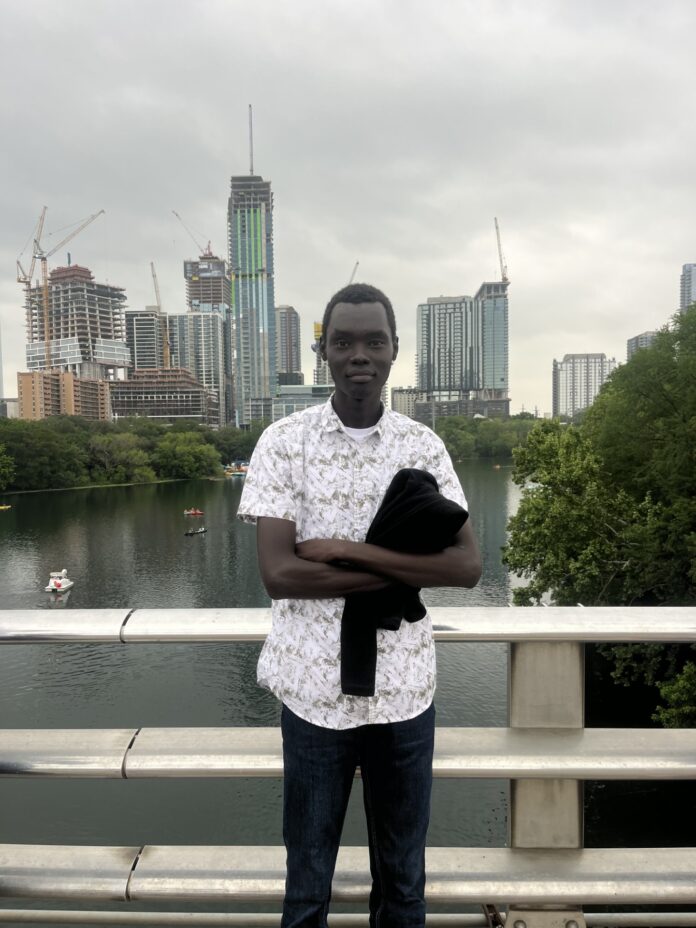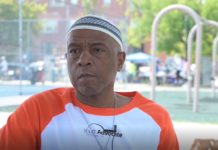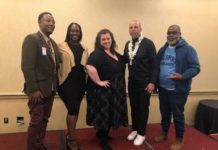By Jacob Ngor Khot Garang
I am sharing my second story of personal experience with traveling to America for the first time to participate in the Community Engagement Exchange which provides emerging international leaders a unique fellowship opportunity through organizations such as Youth Advocate Programs, Inc. (YAP™), a national nonprofit offering community-based youth justice, child welfare, behavioral health, and neighborhood violence prevention alternatives. The first article I wrote discussed growing up in South Sudan, flying to America, and my first impressions of the United States. Below is part II.
I spent six weeks in Texas working with YAP Program Director Erika Bitar, where I worked with the organization learning about people management, how to write grants, and studying YAP’s mission of providing trauma informed care to young people and their families. All of these skills, as well as advocating for children, are experiences that I hope to use in my home country. I also discovered a lot about life from people who live in the U.S., particularly in the state of Texas.
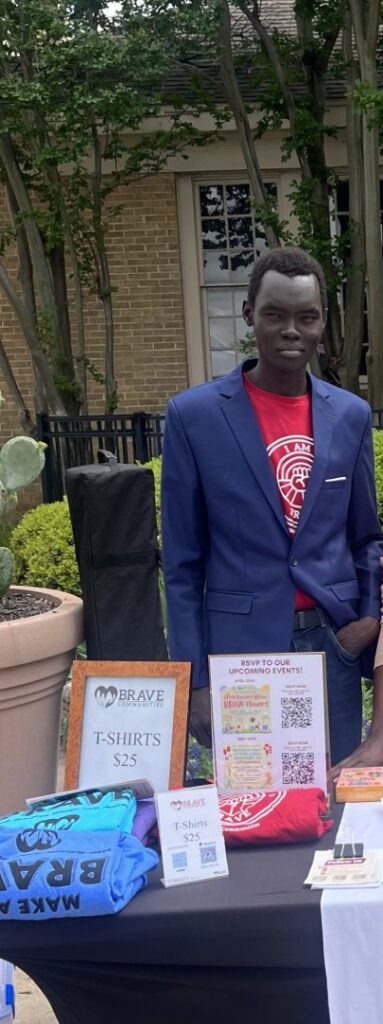
America has a lot of things that I didn’t know about growing up in Africa. I thought it was just a small country with a powerful government, but I learned through experience that the state of Texas is three times bigger than my country of South Sudan. Of course, a country with 50 states is not a small country like I used to think.
As a young man, I also thought that everyone in America had a lot of money, however; people work really hard here to pay bills and government taxes. In my mind I thought everyone owns a house too, but I was wrong. It is expensive to buy a house and if you are renting, the only thing you get if you fail to pay the rent is an eviction notice.
I was taken aback to learn that you have to find somewhere else to stay if you can no longer pay the rent. In Africa, you can ask the landlord to give you one more month to look for the money and because we are Africans, they will give you time to borrow some money from your family or friends. It is the complete opposite here. Some landlords don’t care if you have lost your job and cannot afford to pay your rent.
I was told that you are only given three days in an eviction letter to leave, and If you have nowhere to move to, your next place of residence is the street. In some places in America, it is cold in the winter, and I cannot imagine being homeless living in harsh weather conditions. The lowest temperature in South Sudan range between 60-70 degrees.
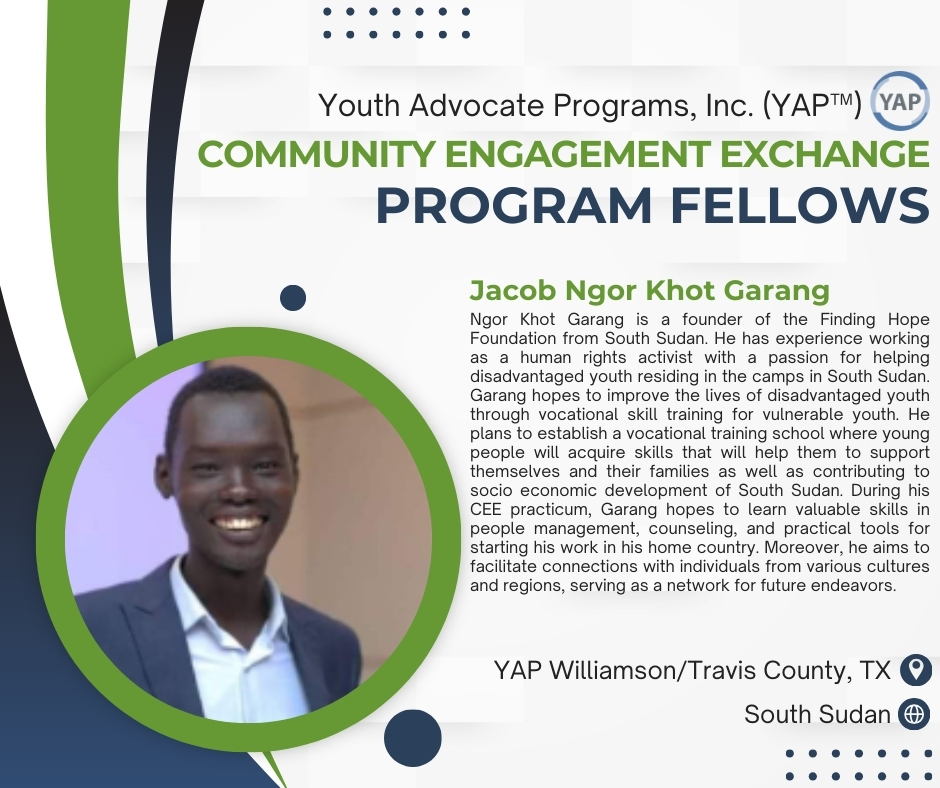
In Africa, you will never be homeless due to not being able to pay the rent because you can go and stay with your relatives. It seems different here in my opinion. I have also come to understand that some of the homeless population may have a history of drug usage or mental health issues.
For the past two months, I have been mesmerized by so many things and one thing that stood out to me is the fancy cars. I’ve shared this before in my first article, but for every car that I have seen, it is like it was manufactured yesterday or even a few hours before. It seems that a car is not a luxury here but a necessity. In South Sudan, a car is a sign of wealth. For most people, the first time they buy a car; they will not sleep because they want to protect their car at night.
Some people will sleep in their car because owning a car in South Sudan comes with a lot of privileges. You will be respected, and if there is a community event, your tribe of men will always invite you in their meetings so that you can contribute some money. Car owners in our country think that life begins and ends with them.
In South Sudan if you’re driving a car, you think you are different from others and that you should be given special attention. In America, I have learned that you just need a car to drive to work and the rest is to meet your transportation needs. It is not an achievement to own a car like it is in South Sudan, because in America it seems almost everyone has a car.

My second impression was the condition of the roads, there are several and they are neat. How long did it take these people to build those roads? Even the way the houses are built is just really amazing.
Having pets is something else that intrigued me. Almost every person that I met has a pet, and their pets seem very healthy. There are hospitals for dogs where they are treated when they are sick. Some of the people in America are so attached to their dogs that they can’t live without them. As a dog owner, you have to provide everything for the dog and most of the dogs I have seen are happier than some human beings I have known.
In my home country, people don’t have time and resources to raise a pet and for the people who have dogs, they raise them to scare thieves and to protect their homes at night because a dog that barks at night signifies danger. For most of these dogs, they end up leaving their owners’ homes because they are not properly fed. What I have seen here is a different picture of a world I never knew existed.
Overall, I am grateful for this experience because it has put me in a position where I saw the world in its entirety. The good and the bad has equally opened my eyes to the suffering of humankind and the harsh realities of life. I believe the majority of Americans spend most of their time working and it is almost every day. I also think that about 70% of their lives are spent on their mobile phones and with pets.
The pursuit for the American dream comes with its price and you must always be ready to pay bills. Nonetheless, there are also many similarities between Americans and people from South Sudan.
Participants in the CEE Program conducting civil society practicum are working alongside YAP staff members in Austin, Houston, Chicago, and Philadelphia. For 12 weeks, the international fellows will learn firsthand knowledge and experience as part of their assignment to collaborate with YAP on civil society initiatives and prepare to undertake community engagement projects in their home countries. The CEE Program is sponsored by the U.S. Department of State with funding provided by the U.S. Government and supported in its implementation by IREX.
A national nonprofit in 35 states and Washington, D.C., YAP is the leading nonprofit provider of services that reduce the overreliance on youth incarceration, residential care, and group home foster placements. YAP is in its 50th year of implementing its unique YAPWrap™ individual and family wraparound services model to transform public systems to become more effective and equitable. The nonprofit also has international partnerships in Australia, Guatemala, Ireland, and Sierra Leone. Follow International Youth Advocate Programs on Facebook.
About the Author: Jacob Ngor Khot Garang (He/Him) is a South Sudanese human rights activist, writer and a U.S State Department 2024 CEE fellow who interned with Youth Advocate Programs (YAP) in Austin, Texas.

